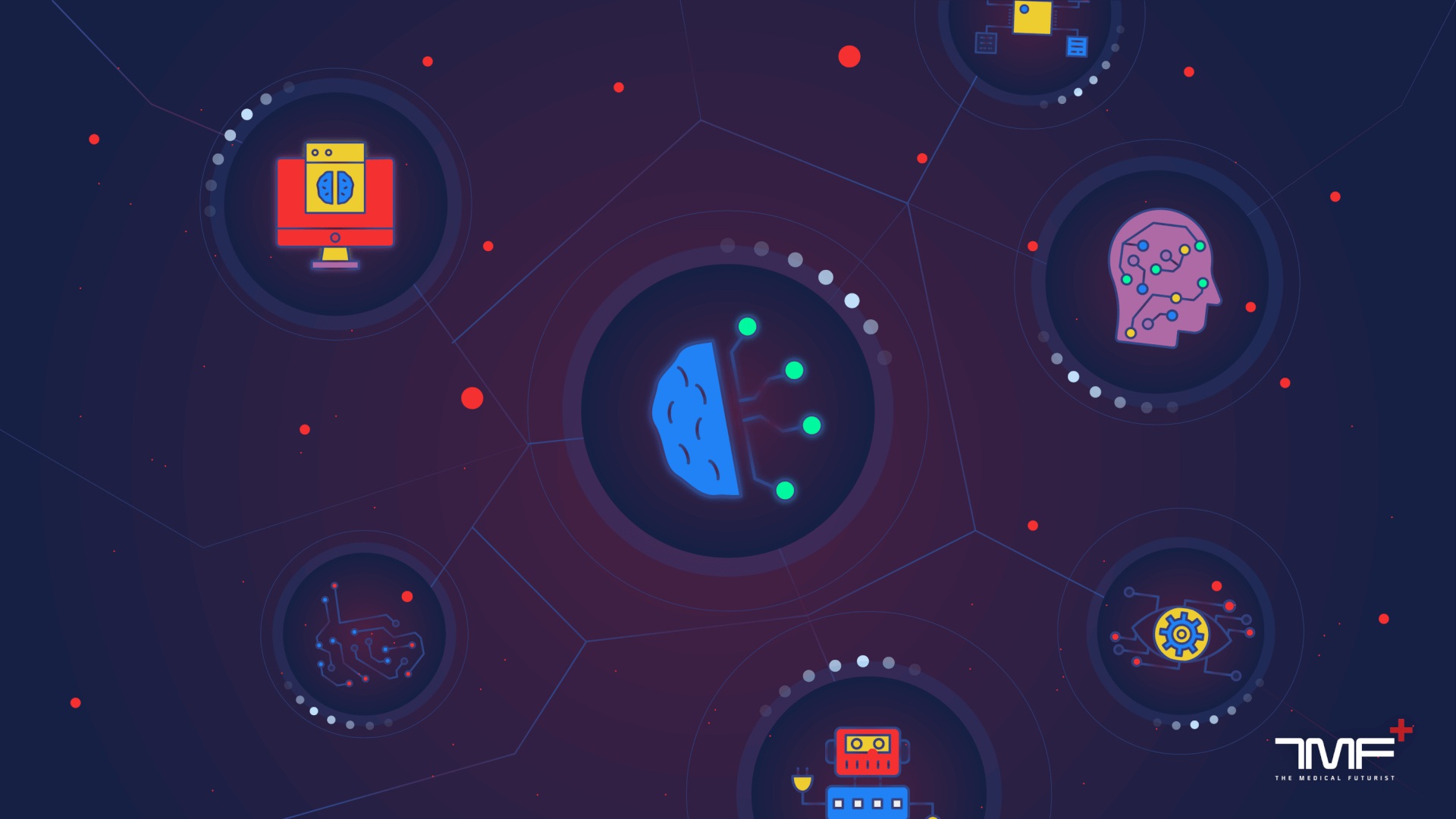
@ShahidNShah


Read about the biggest artificial intelligence companies in healthcare ranging from start-ups to tech giants to keep an eye on in the future. Medical AI is a booming field. More and more businesses are aiming to use artificial intelligence to revolutionise the healthcare industry. It might be challenging to stay current with the most promising firms given how quickly these businesses come and go. I've gathered the top brands, from start-ups to tech behemoths, here for you to keep an eye on in the future. The Medical Futurist team created an e-book that is simple to read about that topic to further assist you in staying current with what AI will bring to medicine. You should definitely read it, and I'd love to know what you think. Artificial intelligence must rethink healthcare and will do so. Nobody contests the incredible promise of artificial intelligence. Artificial intelligence (AI) has the potential to revolutionize healthcare in a number of ways. Here are a few examples of how AI can be used to redesign healthcare:
While AI has the potential to greatly improve healthcare, it is important to note that AI should be integrated with human intelligence and expertise to ensure that it is used ethically and effectively, and to help mitigate potential unintended consequences.
Continue reading at medicalfuturist.com
As models like MedPaLM get better, the risk of missing care due to capacity shortages in healthcare will outweigh the risk of the algorithms being wrong. When OpenAI launched their GPT3 agent, also …
Posted Jan 19, 2023 Healthcare Artificial Intelligence
Connecting innovation decision makers to authoritative information, institutions, people and insights.
Medigy accurately delivers healthcare and technology information, news and insight from around the world.
Medigy surfaces the world's best crowdsourced health tech offerings with social interactions and peer reviews.
© 2025 Netspective Foundation, Inc. All Rights Reserved.
Built on Apr 17, 2025 at 6:07am